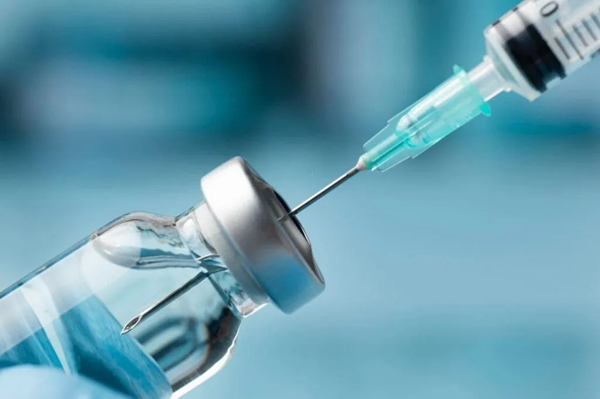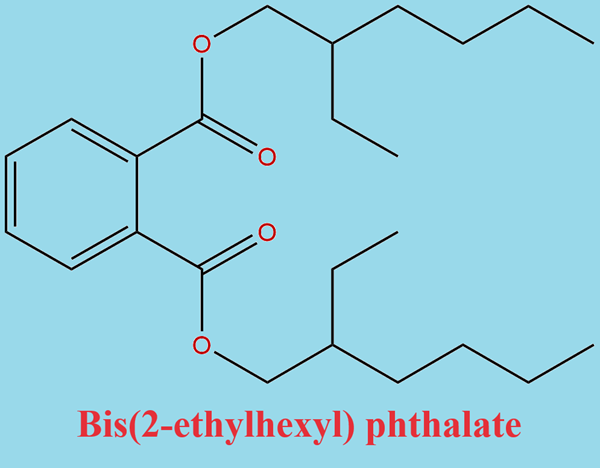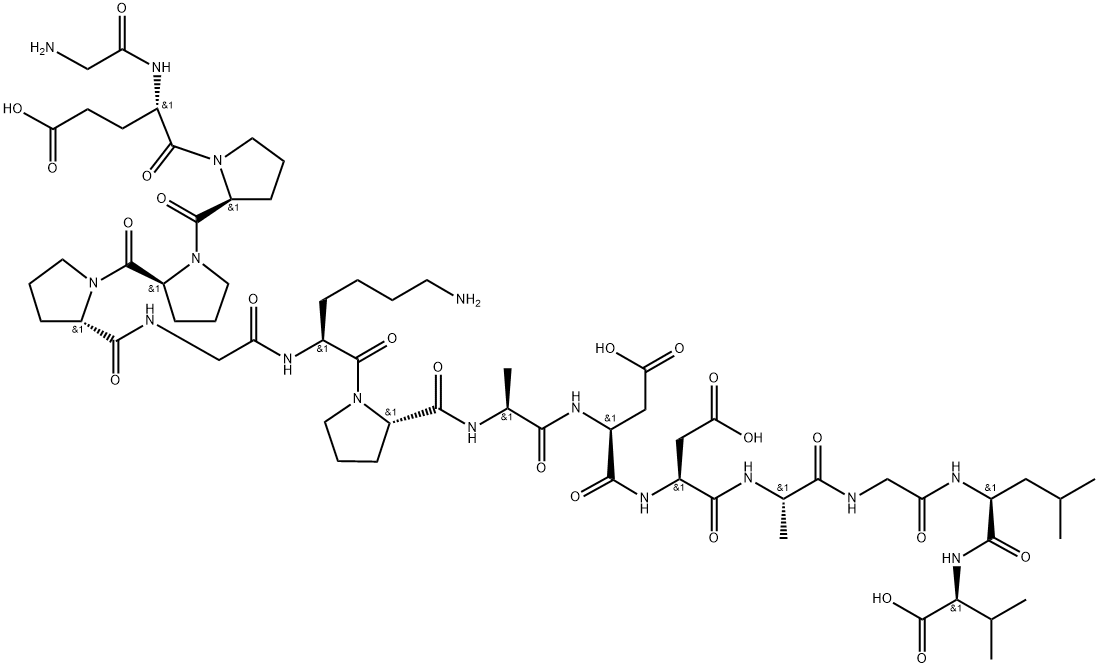BPC 157: Uses, Dosages, Benefits and Side Effects
Dec 16,2024
Uses of BPC 157
Body Protection Compound 157 (BPC 157) is a peptide consisting of 15 amino acids. It is derived from the body's own proteins or can be chemically synthesised. BPC 157 has anti-inflammatory and wound-healing effects on a wide range of target tissues and organs, including muscles, tendons, ligaments and the gastrointestinal tract. It is also neuroprotective and has favourable benefits for central nervous system disorders.

BPC 157 is used as a drug, food or dietary supplement. BPC 157 can be taken orally, topically or by injection when used as a therapeutic agent. BPC-157 is one of the only peptides that can survive in the acidic environment of the stomach, so oral treatment may be very effective. Moreover, oral BPC-157 has a low bioavailability and does not usually have a direct effect on tissues outside the gastrointestinal tract (e.g., tendons and nerves). However, animal studies have shown systemic effects with oral ingestion and caution is needed. However, BPC 157 is a therapeutic agent not approved by the FDA, which cites ‘risk of immunogenicity, peptide-related impurities, and limited safety-related information’ as reasons for banning BPC-157.
Dosages
The dosage of BPC 157 is dependent on a number of factors such as the type of disease, severity of the condition, age, gender and dosage form, so please consult your doctor before using to avoid serious adverse reactions.
In addition, experimental studies have shown that the effective oral dose in rats is 10 μg/kg, which is estimated to be equivalent to 1.6 μg/kg, or:
110 μg for a 150lb person
145 μg for a 200lb person
180 μg for a 250lb person
Benefits of BPC 157 supplement
The benefits of BPC 157 as a supplement or peptide therapy are shown in the following ways:
Promotes wound healing
Accelerates tissue regeneration
Reduces inflammation
Increases blood flow
Relieves joint pain
Enhances immune function
Reduces muscle weakness, debility and muscle damage
Reduces nerve damage and cerebral oedema
Side Effects
No significant serious adverse reactions have been reported with BPC 157. Common side effects include nausea, dizziness, hot flashes, blood pressure fluctuations, and hepatic and renal complications. Because there is insufficient evidence from clinical studies of BPC 157, its safety and long-term effects on humans cannot be determined.
References:
[1] S. ?TRBE. Pentadecapeptide BPC 157 Counteracts the Adverse Effect of Lithium Overdose in Rats[J]. The FASEB Journal, 2019. DOI:10.1096/fasebj.2019.33.1\_supplement.822.4.
[2] YOUNG-HOON JUNG. The anti-nociceptive effect of BPC-157 on the incisional pain model in rats[J]. Journal of Dental Anesthesia and Pain Medicine, 2022, 1 1. DOI:10.17245/jdapm.2022.22.2.97.
[3] JAK?A VUKOJEVIC. Pentadecapeptide BPC 157 and the central nervous system.[J]. Neural Regeneration Research, 2022, 17 3. DOI:10.4103/1673-5374.320969.
[4] SVEN SEIWERTH. Stable Gastric Pentadecapeptide BPC 157 and Wound Healing.[J]. ACS Applied Energy Materials, 2021. DOI:10.3389/fphar.2021.627533.
- Related articles
- Related Qustion
- Pentadecapeptide BPC 157 and the central nervous system Dec 19, 2023
BPC 157 is a naturally occurring gastric pentadecapeptide that is non-toxic and has far-reaching cytoprotective activity; it has been tested in ulcerative colitis and multiple sclerosis trials.
- Benefits of BPC-157 Mar 14, 2022
BPC 157 Peptides are made of 15 Amino Acids and are derived from human gastric juices. A lot of experiments have shown how BPC 157 Peptides can heal different kinds of tissues.
- BPC 157- Reaction / Application on Synthetic Works Dec 9, 2019
Stable gastric pentadecapeptide BPC 157 is an anti-ulcer peptidergic agent, safe in inflammatory bowel disease clinical trials and wound healing, stable in human gastric juice and has no reported toxicity.
Supplementation with pyridoxal 5'-phosphate monohydrate can synthesize neurotransmitters such as dopamine and serotonin, maintaining a healthy nervous system.....
Nov 4,2025Biochemical EngineeringBis(2-ethylhexyl) phthalate (DEHP) is an organic compound isolated from a number of microorganisms (e.g., bacteria and fungi), including Penicillium, Lactiplantibacillus plantarum BCH-1, Aspergillus parasiticus and Fusarium subglutinans.....
Dec 16,2024APIBPC 157
137525-51-0You may like
- Diosgenin:Uses,Functions and Synthesis
Dec 12, 2025
- Biosynthesis of Cyclopamine from Cholesterol
Dec 10, 2025
- Synthesis of ribociclib
Dec 10, 2025








